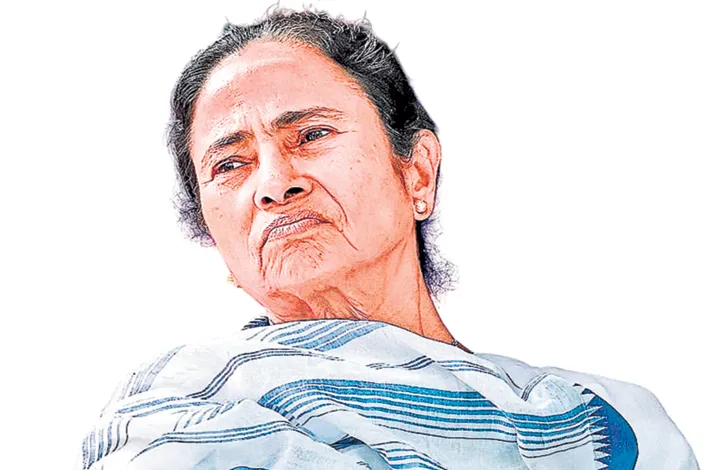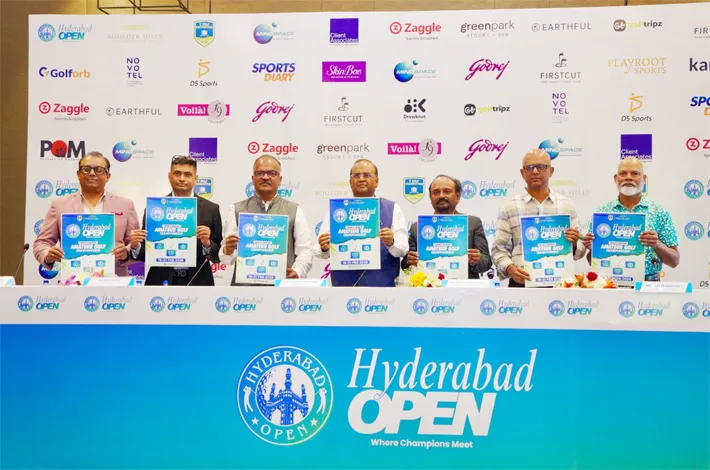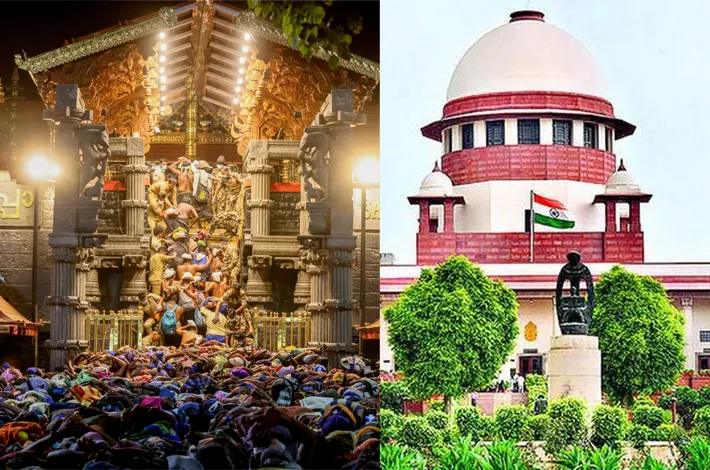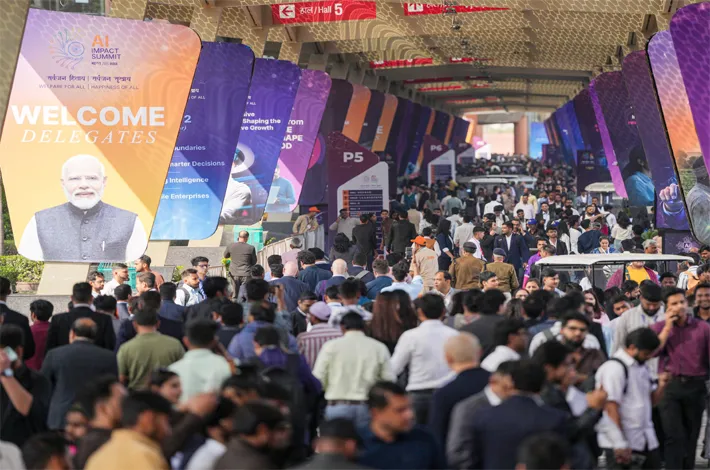President’s rule in Bengal?
28-10-2025 12:00:00 AM

Can voter list revision happen under Mamata’s watch?
metro india news I hyderabad
A new political storm is brewing in West Bengal. As the Election Commission of India (ECI) prepares to launch a Special Intensive Revision (SIR) of voter lists across several states, all eyes are on Bengal—where questions of citizenship, illegal migration, and administrative control have once again taken centre stage. Can the voter list revision proceed smoothly under Mamata Banerjee’s rule? Or will political turbulence derail the process?
The ECI has decided to carry out the SIR exercise in 12 states and Union Territories where elections are due in the next few months. However, hours before the official announcement on Monday, Chief Minister Mamata Banerjee made a dramatic move by transferring 64 IAS officers, including district magistrates from 10 districts.
Under ECI guidelines, such administrative reshuffles are not allowed once the SIR process begins. Hence, political analysts believe Mamata acted strategically—rushing through the transfers just before the ECI made its declaration. In total, nearly 457 civil servants were affected by the reshuffle, signaling deeper tensions between the state and the Commission.
The issue of illegal Bangladeshi migration complicates the situation. Thousands of migrants are believed to be living in India using forged documents and false identity papers. Over the past few weeks, Mamata Banerjee has openly criticized moves by several states—Odisha, Assam, Maharashtra, Haryana, Delhi, —to identify and deport Bangladeshi nationals. With the SIR now approaching Bengal, a pressing question arises: what will happen to these illegal residents when the voter rolls are revised?
Estimates from 2016 suggest around 5 million illegal Bangladeshi migrants reside in West Bengal, while others argue the issue is being politically magnified to target Mamata Banerjee. An earlier 1997 estimate suggested that India had about 10 million illegal migrants, with roughly 5.4 million in Bengal alone.
Illegal migration from Bangladesh, including Rohingya influxes, has been a concern. Beyond economic strain, the issue raises serious national security implications, with allegations of extremist activities linked to some illegal settlers. Migration across the border has continued unchecked since the partition of Bengal and Bangladesh’s independence.
Opposition parties have already alleged that nearly 5 percent of voters in the state are bogus, accusing the ruling Trinamool Congress of benefiting from inflated rolls. If TMC cadres attempt to obstruct the SIR exercise, the situation could quickly escalate into law-and-order unrest. With Assembly elections due in May next year, political observers fear that matters could spiral beyond control.
In that event, the central government may have little choice but to impose President’s Rule by February 2026, placing Bengal under direct administration for three months before fresh elections.
The Election Commission’s Special Intensive Revision could thus trigger one of Bengal’s most crucial political confrontations in recent years—testing the strength of the state’s democracy, its administrative autonomy, and the balance of power between the Centre and the state.








